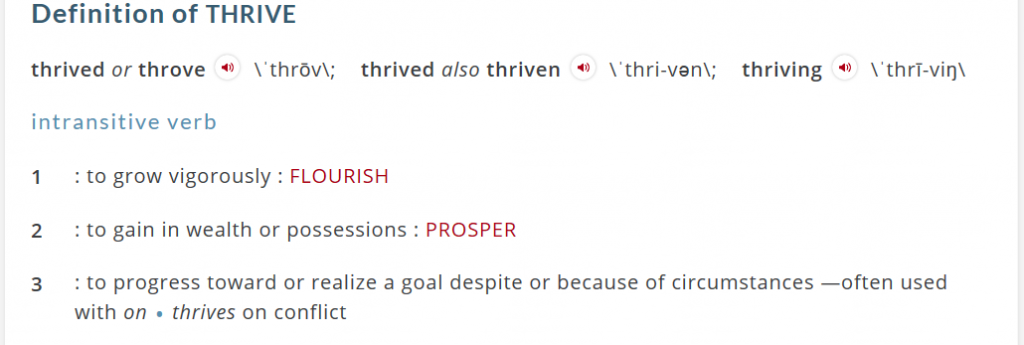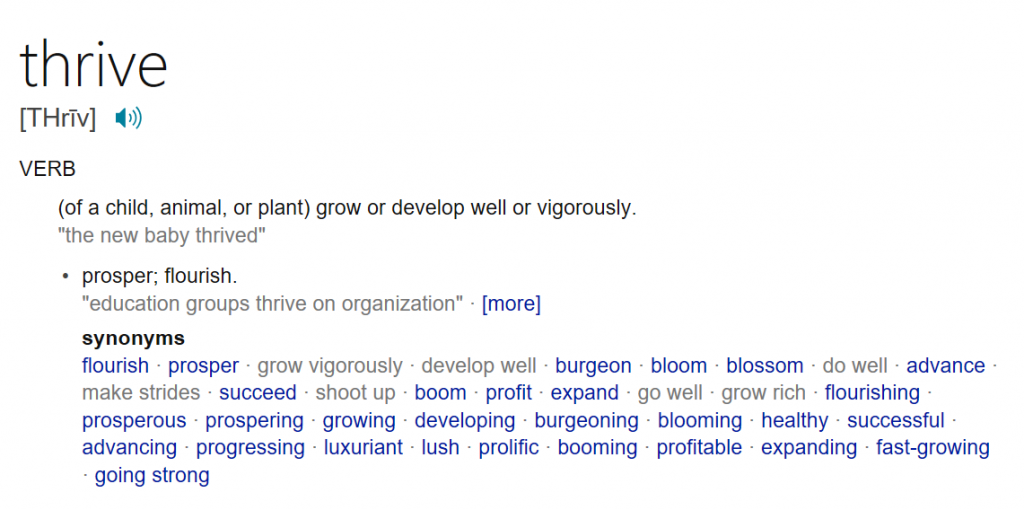Why a personal philosophy?
If you follow me on social media or know me personally, you know that I love my day job. One of the reasons I’m so happy on the job is because of the prevailing culture at my company. As part of that culture, we are offered the opportunity to take High Performance Training, led by Dr. Michael Gervais.
As if that wasn’t enough, I’ve been able to take the training in person and take an online course as a follow up.
(I even got to lead an impromptu breathing exercise at the in-person training, but that’s a story for another blog post.)
Building a personal philosophy is a foundational element of the high performance training and growth mindset. Along the lines of Simon Sinek’s, “Start with Why,” if you don’t know why you are doing what you are doing, or what you believe in, it’s hard to get where you want to go.
In this recent article from Dr. Gervais entitled, “Living in Alignment with Your Personal Philosophy,” he states:
A personal philosophy is a word or phrase that consists of the principles that influences your thoughts, words and actions.
Pretty powerful stuff, huh?
So, over the last two years, i have worked at developing my own personal philosophy. And let me tell you, it’s hard work.
Arriving at my own personal philosophy
Dr. Gervais provides guidelines to his students about developing their philosophies. I won’t recount all of them, but three of the guidelines were front and center as I wrote and honed my personal philosophy:
- It must be 25 words or less
- You must feel a physical reaction when you say your philosophy out loud to yourself or others
- It must be authentically you
Sounds simple enough, but it isn’t.
My first attempts were filled with words and concepts that I thought should be in my philosophy. Things like helping others, being my best, yadda, yadda, yadda. For the most part, it was a string words that sounded like the person that I thought other people wanted me to be. Not exactly authentic. So, I pondered, meditated, reworked and rewrote until I came up with something that felt like me.
Drumroll please!
So after 2 years of sporadic work, I’ve come up with my personal philosophy. Now that I’m going public with it, you, dear reader, should know that I reserve the right to change it at any time. I don’t expect any wholesale change, but I expect to continue to fine tune it, as it’s work in progress, just like me.
So here it is:
Thrive.
Yup, that’s it. Just one word. Why? To me, it sums up all the reasons I do what I do.
Let’s take a step back for a second and review just what the word, thrive, means.
This is the Merriam-Webster definition:
The words here speak to me: flourish, prosper, to progress. And the idea of doing it vigorously means that it’s purposeful, deliberate and desired.
But in addition to that definition, take a look at these synonyms, and the word feels even more like me and how I try to align my actions and words.
Grow. Develop. Healthy. Expanding. Succeed. Going strong. Yes! Yes! Yes!
What “thrive” means to me
Definitions and synonyms are well and good, but why does this personal philosophy of thrive spark a chill down my spine when I say it out loud? Here’s why:
- Physically – I work really hard to stay healthy, whether it’s my yoga practice, trips to the gym or being a pescatarian. How I treat my body is a critical element to ensuring that I have the stamina and ability to thrive.
- Mentally – Perhaps the most important part of the thriving equation is the mental flexibility and acuity to meet challenges head on, and know which ones can be overcome and which ones need to be left behind. Thriving means knowing your abilities and doing your best to expand them without getting too far ahead of yourself. This approach is known as a “growth mindset,” pioneered by Carol Dweck, in her book of the same name.
- Emotionally – As I worked through this process and considered how thriving would manifest on an emotional basis, I thought about all of the joys and heartaches that I’ve experienced in my life. Having the emotional awareness to take stock of the joys and the resilience to overcome the heartaches is what thriving means to me.
- Spiritually – This is a tough one to describe, but I truly believe that thriving means knowing that we are all connected, and that there is a higher being of some sort in the universe. In my perspective, spiritual thriving is being true to one’s self and bringing that realness and mindfulness into everything I do (as much as humanly possible, that is).
You may be thinking, “Isn’t a philosophy of thriving a bit selfish?” Maybe, but this is how I think about it; if everything I do, everything i say, is driven by my desire to thrive, then thriving also enters as to how I conduct myself in relationships. As the saying goes, “A rising tide floats all boats.” If i’m working on thriving, then you might thrive with me. At work, I’m currently mentoring 4 colleagues on an informal basis. By sharing my vision of thriving, I’m able to help them uncover what they need to do the same. Furthermore, the volunteer work I do with Welllspring International Outreach and Therapy Dogs International is partly a selfish pursuit (it makes me feel good) and a way to help others thrive.
Share yours
So, that’s my deal, for now.
Have you ever considered what your personal philosophy is? If not, what words and concepts would you gather to figure it out? (Please consider leaving a comment below so we can continue the conversation.)
And if this is a journey you seriously want to embark upon, I strongly recommend following Dr. Michael Gervais on social media and on his podcasts to start. And if possible, sign up for his High Performance Training. It will deeply and profoundly change you for the better.




